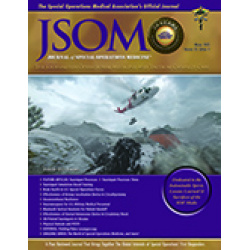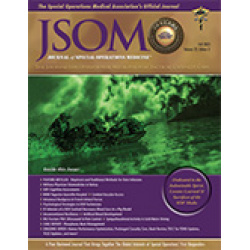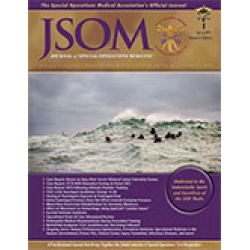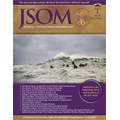Review, Clinical Update, and Practice Guidelines for Excited Delirium Syndrome
Gerold KB, Gibbons ME, Fisette RE, Alves D 15(1). 62 - 69 (Journal Article)
Excited delirium syndrome (ExDS) is a term used to describe patients experiencing a clinical condition characterized by bizarre and aggressive behavior, often in association with the use of chronic sympathomimetic drug abuse. The agitated and disruptive behavior of persons with ExDS often results in a call to police resulting in an arrest for disorderly conduct. The suspect's inability to comply with police commands during the arrest frequently results in a struggle and the use of physical or chemical control measures, including the use of conductive energy weapons (CEWs). Deaths from this hypermetabolic syndrome are infrequent but potentially preventable with early identification, a coordinated aggressive police intervention, and prompt medical care. Preliminary experiences suggest that ExDS is a medical emergency treated most effectively using a coordinated response between police officers and emergency medical providers. Once the person suspected of experiencing ExDS is in custody, medical providers should rapidly sedate noncompliant patients with medications such as ketamine or an antipsychotic drug such as haloperidol in combination with a benzodiazepine drug such as midazolam or diazepam. Once sedated, patients should undergo a screening medical assessment and undergo initial treatment for conditions such as hyperthermia and dehydration. All patients exhibiting signs of ExDS should be transported rapidly to a medical treatment facility for further evaluation and treatment. This article reviews the epidemiology, clinical presentation, diagnosis, and treatment options for ExDS.


 English
English 





